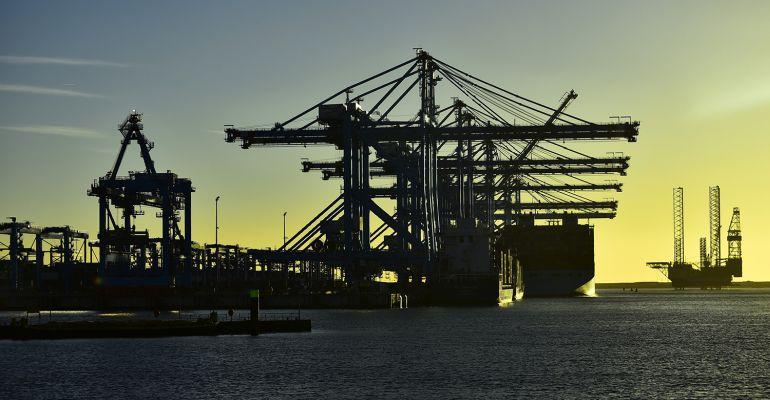The two ports have outlined a number of shared objectives, which include co-developing trade and commercial opportunities, fostering an exchange of information, and advancing the development and deployment of innovative technologies specifically related to navigational safety and environmental protection.
Sean trawbridge, ceo for the Port of Corpus Christi said: “The Port of Rotterdam is recognised globally for its high-quality infrastructure, connectivity, and economic development. This alliance and the discourse it will generate will enhance the headway we have made toward safe and sustainable industrial facilitation of navigable commerce, and we are excited about the benefits this will bring to our Port customers and the communities we serve.”
Since Congress lifted the ban on US crude oil exports to global markets in December 2015, the Port of Corpus Christi has become the nation’s largest crude oil export gateway.
In 2020, the Port of Corpus Christi set an annual tonnage record for the fourth consecutive year, moving 159.7m tonnes, driven primarily by increases in crude oil, LNG and agricultural exports.
“The Port of Corpus Christi is a leading global energy hub. We share the ambition to be a global leader in applying pioneering innovations and in offering logistical efficiencies and we face the same sustainability challenges. It’s great to start this partnership to explore opportunities that will bring value to our shared customer base,” said René van der Plas, Director of Port Rotterdam International.
Like the Port of Corpus Christi, Port Rotterdam has taken proactive steps to reduce its carbon footprint and bring technology to bear to bolster environmental protection. These efforts include deployment of carbon capture and storage technologies, using hybrid, electric- or hydrogen-powered vehicles for port business and patrols, and discounts on port dues for sea-going vessels who exceed statutory environmental requirements.
Approximately 30,000 ocean-going vessels and 100,000 inland vessels call on Port of Rotterdam per annum
Copyright © 2024. All rights reserved. Seatrade, a trading name of Informa Markets (UK) Limited.
Add Seatrade Maritime News to your Google News feed.  |
